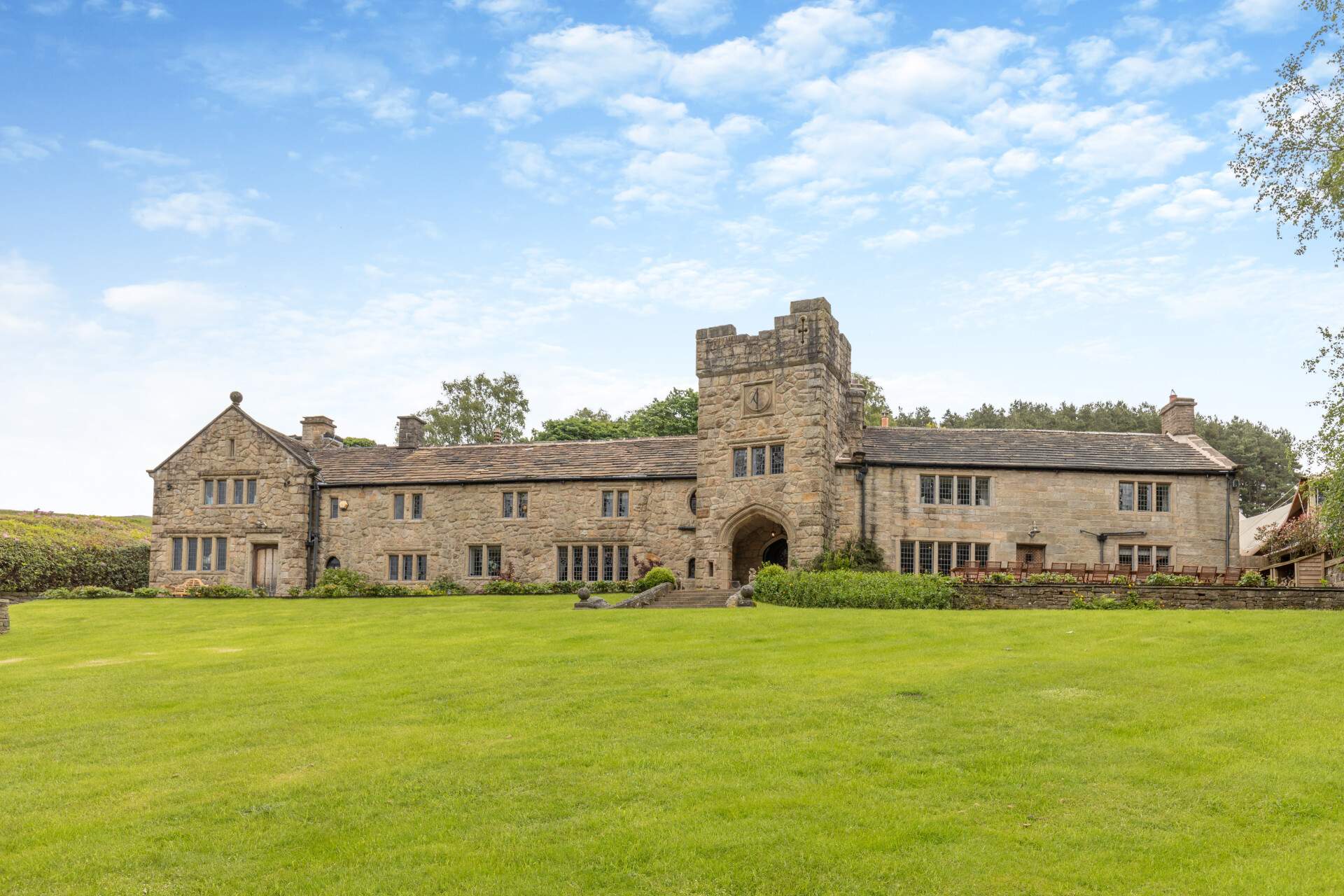Interview: Michael Winner
As a leading council member of the Kensington Society, Michael Winner has fought to preserve historic homes from developers’ bulldozers including his own home, Woodland House


Michael Winner was 11 when he first stood at the gates of Woodland House. The garden was a jungle of brambles and bomb damage pockmarked the exterior. It was 1946, and his father had paid £2,000 for a 17-year lease on the Queen Anne style mansion overlooking Holland Park, which Mr Winner has just been invited to price at £100 million and that s not including its many antiques, paintings and furniture, which are probably worth another £10 million. Now, Woodland House, built by Norman Shaw for the Victorian painter Sir Luke Fildes in 1872, is to be left to the nation with its contents intact, including a wonderful collection of illustrative art that features some of Shepherd s finest Winnie the Pooh drawings.
As a leading council member of the Kensington Society, Mr Winner has fought to preserve historic homes from developers bulldozers, and what he describes as death by a thousand cuts seemingly insignificant changes to the fabric of a building that, eventually, totally impeach its integrity. For years as a film director, I travelled the country, and it gave me a love of England: its houses, cathedrals and landscape. I cherish this heritage, which is important to preserve because it will be tarmacked over unless we fight for it. Tragically, I fear the developers are winning. When I travel around today, I see two sights: the way things are now and the way they used to look.
Mr Winner s bedroom looks out over a charming, ¾-acre garden of tropical and native trees. This vision of architectural and horticultural harmony wasn t always the case, however. My father bought the house cheaply, because after the war, nobody wanted anything old. He split the house into three flats, erected walls and installed false ceilings. I ve put it back the way it was designed to be. When bricks above the studio began to crumble, I even hunted down identical, well-worn bricks from a school in Richmond that had just been demolished.
Despite its period authenticity, Woodland House isn t a museum. Its luxuriously furnished 47 rooms boast 87 telephones and 2,000 lightbulbs. It has a jacuzzi, swimming pool, steam room, and cinema. Restoring the house has been one of the great passions in my life, and I want others to enjoy it after I ve gone. When I moved in, I got a smart designer to help me do it up. I said: I want it to look like the house of a country vicar. When she finished, it was completely over the top. I said: This looks like the house of a lottery winner. Now, by taking back false ceilings, we ve even found original wallpaper.
He planned Death Wish here, the most famous of his more than 30 films. It s here that he writes his splenetic restaurant column Winner s Dinners , and it was to Woodland House that he returned after almost dying in Barbados of Vibrio vulnificus, a rare warm-water bug found in oysters. He underwent 11 operations, and even had his Achilles tendon cut out to save his leg.
There can be little doubt Mr Winner s brush with death has intensified his thoughts about his bequest to the nation. I often see tour groups looking at the house, and I think I ll leave them an audio guide when I ve gone. It ll be me speaking from the mouth of a waxwork model of myself that will greet them in the hall.
It s uncertain whether this is a joke, but Mr Winner has decided where he wants to be buried. He founded the Police Memorial Trust for officers murdered in the line of duty, and saw to fruition the National Police Memorial in the Mall. I want to be buried under the grass near the memorial. I ve put the idea to the top people at St James s Park and told them I don t think The Queen would mind. She laughed at all my jokes at the unveiling. I d like to be in her area when I die.
Sign up for the Country Life Newsletter
Exquisite houses, the beauty of Nature, and how to get the most from your life, straight to your inbox.
Country Life is unlike any other magazine: the only glossy weekly on the newsstand and the only magazine that has been guest-edited by HRH The King not once, but twice. It is a celebration of modern rural life and all its diverse joys and pleasures — that was first published in Queen Victoria's Diamond Jubilee year. Our eclectic mixture of witty and informative content — from the most up-to-date property news and commentary and a coveted glimpse inside some of the UK's best houses and gardens, to gardening, the arts and interior design, written by experts in their field — still cannot be found in print or online, anywhere else.
-
 Some of the finest landscapes in the North of England with a 12-bedroom home attached
Some of the finest landscapes in the North of England with a 12-bedroom home attachedUpper House in Derbyshire shows why the Kinder landscape was worth fighting for.
By James Fisher
-
 The Great Gatsby, pugs and the Mitford sisters: Country Life Quiz of the Day, April 16, 2025
The Great Gatsby, pugs and the Mitford sisters: Country Life Quiz of the Day, April 16, 2025Wednesday's quiz tests your knowledge on literature, National Parks and weird body parts.
By Rosie Paterson